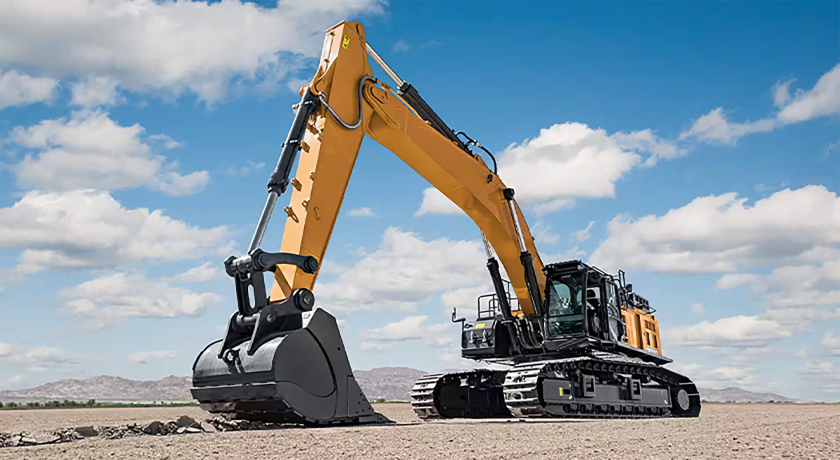Understanding the Benefits and Applications of Cold Rolled Pipes in Manufacturing
Dec . 14, 2024 03:43
The Advantages and Applications of Cold Rolled Pipes
Cold rolled pipes have become increasingly prominent in various industries due to their superior attributes and versatility. Unlike hot rolled pipes, which undergo a heating process prior to shaping, cold rolled pipes are processed at room temperature. This specific manufacturing method significantly enhances their mechanical properties, creating a product that not only meets but often exceeds industry standards. In this article, we will explore the benefits of cold rolled pipes and their applications across multiple sectors.
Enhanced Mechanical Properties
One of the most significant advantages of cold rolled pipes is their improved mechanical properties. The cold rolling process imparts a certain level of strain hardening to the material, making it stronger and more durable than its hot rolled counterparts. Cold rolled pipes have tighter tolerances, leading to better dimensional accuracy and a smoother finish. This level of performance is essential in applications that require high strength and precision.
Better Surface Finish
Cold rolled pipes are characterized by their superior surface finish compared to hot rolled pipes. The absence of oxidation scale and the smooth surfaces allow for easier painting, coating, and welding. This is particularly important in industries where aesthetic appeal or corrosion resistance is critical. The smooth finish not only enhances the overall appearance of the product but also improves the functionality, especially in applications where friction is a concern.
Versatility in Applications
Cold rolled pipes are utilized in a wide range of applications across various industries. In the automotive industry, these pipes are commonly employed for structural components, exhaust systems, and fuel lines. Their strength and lightweight properties contribute to the overall efficiency of vehicles, making them a preferred choice among manufacturers.
cold rolled pipe
In the construction sector, cold rolled pipes are used for scaffolding, building frames, and other structural applications where strength and stability are paramount. The pipes’ ability to withstand various environmental factors further enhances their appeal for outdoor infrastructure projects.
Additionally, cold rolled pipes are essential in the manufacturing of appliances, such as refrigerators and air conditioning units
. The smooth surface and excellent mechanical properties ensure reliable performance in these highly functional products.
Cost-Effectiveness
While cold rolled pipes may have a higher upfront manufacturing cost compared to hot rolled pipes, their longevity and reduced maintenance needs often render them a more cost-effective solution in the long run. The durability ensures fewer replacements and repairs, ultimately translating to lower operational costs for businesses.
Environmental Considerations
The production of cold rolled pipes typically generates less waste compared to other process methods. Manufacturers continuously strive to reduce their environmental footprint, making cold rolling a more sustainable choice. Additionally, the longer lifespan of these pipes contributes to less resource depletion over time.
Conclusion
Cold rolled pipes epitomize the perfect blend of strength, durability, and versatility, making them an indispensable component in various industries. As technology continues to advance, the production techniques and applications of cold rolled pipes are likely to evolve further, solidifying their position in the market. The advantages they offer in terms of mechanical properties, surface finish, and cost-effectiveness make cold rolled pipes a smart choice for manufacturers and engineers looking for dependable solutions in a competitive landscape. With their growing importance in several sectors, cold rolled pipes will undoubtedly play a crucial role in the future of construction, automotive, and appliance industries.
 Afrikaans
Afrikaans  Albanian
Albanian  Amharic
Amharic  Arabic
Arabic  Armenian
Armenian  Azerbaijani
Azerbaijani  Basque
Basque  Belarusian
Belarusian  Bengali
Bengali  Bosnian
Bosnian  Bulgarian
Bulgarian  Catalan
Catalan  Cebuano
Cebuano  Corsican
Corsican  Croatian
Croatian  Czech
Czech  Danish
Danish  Dutch
Dutch  English
English  Esperanto
Esperanto  Estonian
Estonian  Finnish
Finnish  French
French  Frisian
Frisian  Galician
Galician  Georgian
Georgian  German
German  Greek
Greek  Gujarati
Gujarati  Haitian Creole
Haitian Creole  hausa
hausa  hawaiian
hawaiian  Hebrew
Hebrew  Hindi
Hindi  Miao
Miao  Hungarian
Hungarian  Icelandic
Icelandic  igbo
igbo  Indonesian
Indonesian  irish
irish  Italian
Italian  Japanese
Japanese  Javanese
Javanese  Kannada
Kannada  kazakh
kazakh  Khmer
Khmer  Rwandese
Rwandese  Korean
Korean  Kurdish
Kurdish  Kyrgyz
Kyrgyz  Lao
Lao  Latin
Latin  Latvian
Latvian  Lithuanian
Lithuanian  Luxembourgish
Luxembourgish  Macedonian
Macedonian  Malgashi
Malgashi  Malay
Malay  Malayalam
Malayalam  Maltese
Maltese  Maori
Maori  Marathi
Marathi  Mongolian
Mongolian  Myanmar
Myanmar  Nepali
Nepali  Norwegian
Norwegian  Norwegian
Norwegian  Occitan
Occitan  Pashto
Pashto  Persian
Persian  Polish
Polish  Portuguese
Portuguese  Punjabi
Punjabi  Romanian
Romanian  Samoan
Samoan  Scottish Gaelic
Scottish Gaelic  Serbian
Serbian  Sesotho
Sesotho  Shona
Shona  Sindhi
Sindhi  Sinhala
Sinhala  Slovak
Slovak  Slovenian
Slovenian  Somali
Somali  Spanish
Spanish  Sundanese
Sundanese  Swahili
Swahili  Swedish
Swedish  Tagalog
Tagalog  Tajik
Tajik  Tamil
Tamil  Tatar
Tatar  Telugu
Telugu  Thai
Thai  Turkish
Turkish  Turkmen
Turkmen  Ukrainian
Ukrainian  Urdu
Urdu  Uighur
Uighur  Uzbek
Uzbek  Vietnamese
Vietnamese  Welsh
Welsh  Bantu
Bantu  Yiddish
Yiddish  Yoruba
Yoruba  Zulu
Zulu 












